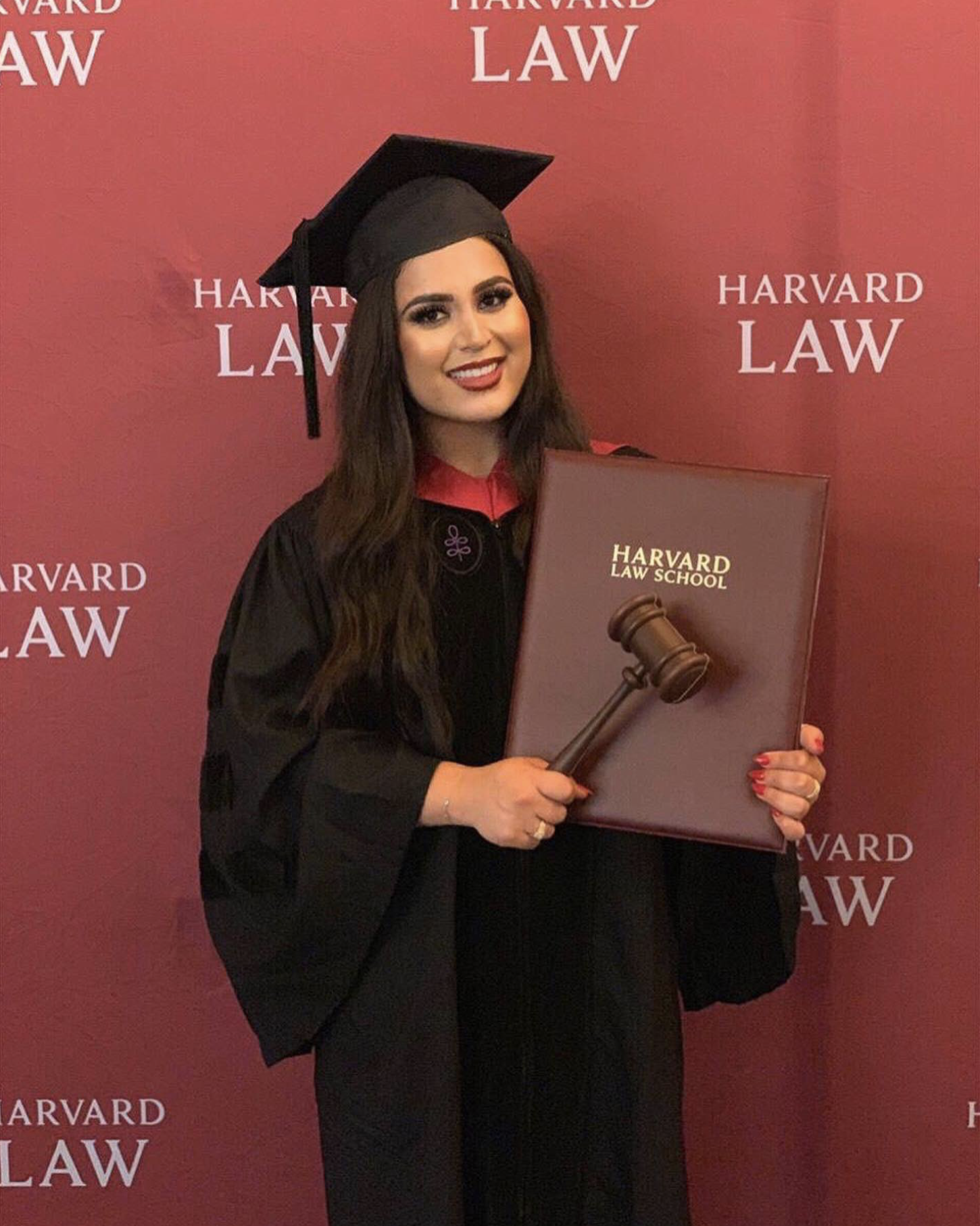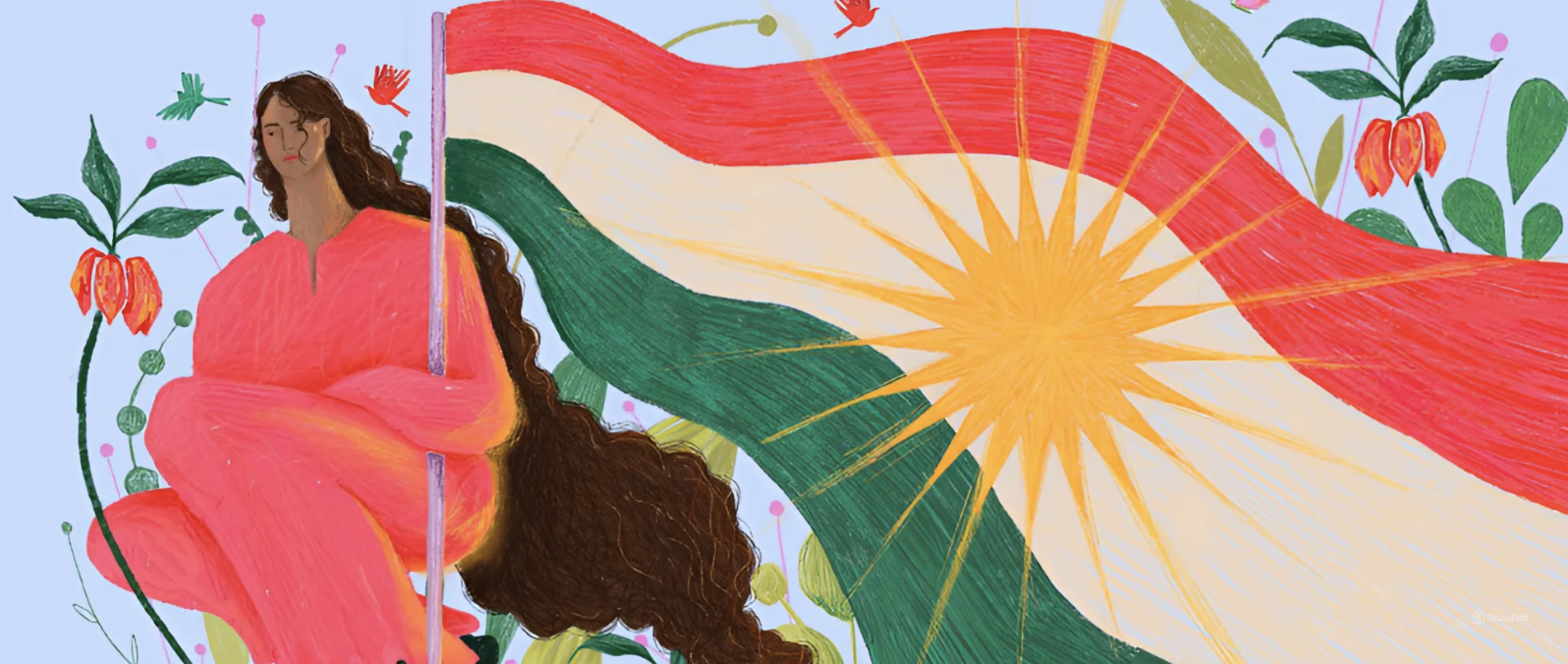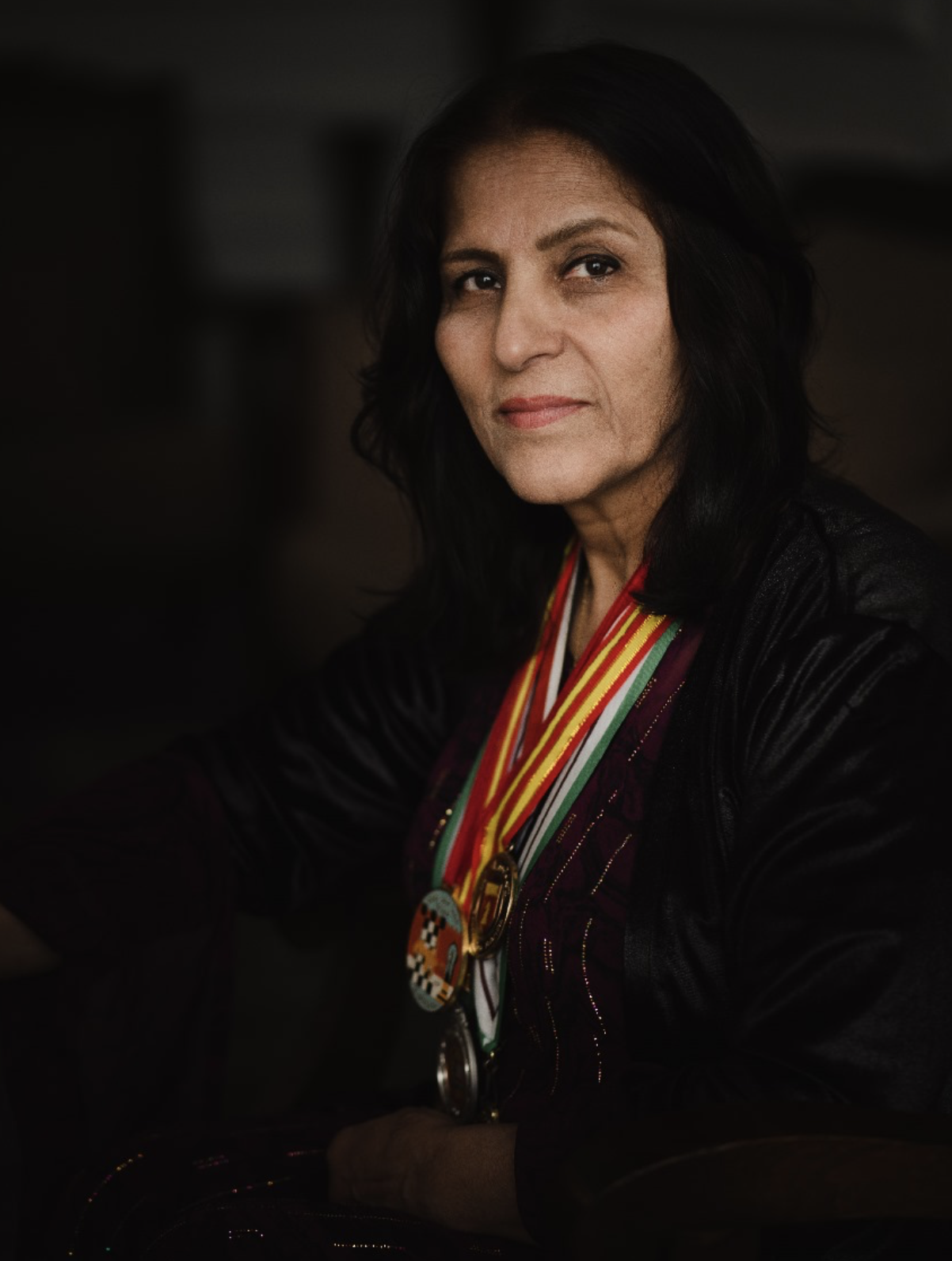This article was inspired by the story about Firmesk Wirya Qaneh, the Kurdish woman chess champion, published in March 2024 in Issue 14 of Kurdistan Chronicle. This shining example of talent reminds us of the tremendous human potential of the Kurdish people.
Kurdistan is a culturally and historically rich region with a significant and widespread population, despite not having official recognition as an independent state. The Kurdish people are divided among several countries, including Turkey, Iran, Iraq, Syria, and smaller parts of Azerbaijan and Armenia, as well as millions living in the diaspora. This geographic fragmentation has presented numerous challenges but has also fostered a unique resilience and adaptability among the Kurdish people.
Historical and geographical context
Kurdistan spans a distinctive region that has historically been a crossroads of various empires and cultures. This area includes:
Turkey: Northern Kurdistan (southeastern Turkey), known as Bakur, is rich in culture and history. Major cities like Diyarbakir and Van are cultural hubs, despite political challenges.
Iran: Eastern Kurdistan (northwestern Iran) includes much of the provinces of Kurdistan and West Azerbaijan.
Iraq: Southern Kurdistan (Kurdistan Region of Iraq, KRI) includes cities like Erbil and Sulaymaniyah.
Syria: Western Kurdistan (northern Syria) is known as Rojava.
Azerbaijan and Armenia: These countries boast small Kurdish communities.

Lack of independence
Kurdistan is often referred to as the largest nation in the world without an independent state. This lack of political sovereignty has been a significant impediment for Kurds, impacting their ability to unify and assert their collective identity on the global stage. However, this has also contributed to a strong sense of nationalism and community solidarity among Kurds worldwide.
Proportional talent
Despite challenges, Kurdish talent is proportionally high. Several factors contribute to this phenomenon:
Resilience and adaptability: The Kurdish people have developed a remarkable ability to adapt and thrive in diverse and often adverse conditions. This resilience is reflected in their educational achievements, entrepreneurial activities, and cultural contributions.
Diaspora and global presence: The Kurdish diaspora is spread across the world, particularly in Europe and North America. This global presence has allowed Kurds to gain access to diverse educational and professional opportunities, fostering a talented and well-educated community.
Cultural emphasis on education: There is a strong cultural emphasis on education within Kurdish communities. Families often prioritize academic achievement and encourage their children to pursue higher education, leading to a highly educated population.
Political and social engagement: Kurds are often deeply engaged in political and social activism, both within their home countries and in the diaspora. This engagement fosters leadership skills and a strong sense of civic responsibility.
Economic contributions: Kurdish regions, particularly in Iraq, have become economic hubs due to oil reserves and other natural resources. This economic activity has created opportunities for business development and professional growth.
Cultural richness: The Kurdish cultural heritage, including music, literature, and art, is rich and vibrant. This cultural richness fosters creativity and innovation among Kurdish individuals.

Role of women in Kurdish society
Women play a vital role in Kurdish society and contribute significantly to the proportional talent and achievements of the Kurdish people. Kurdish women have made remarkable strides in various fields, showcasing resilience, leadership, and innovation despite facing societal and geopolitical challenges. Here are some key aspects highlighting the contributions and roles of Kurdish women:
Leadership and activism: Kurdish women are prominent in political and social activism. They have been at the forefront of movements advocating for Kurdish rights, gender equality, and social justice. Notable figures include female leaders in the Kurdish political landscape and activists in the diaspora who work tirelessly for the Kurdish cause.
Education and academia: There is a strong emphasis on education for Kurdish women. Their achievements in education have helped elevate the overall intellectual capital of the Kurdish community.
Military and defense: Kurdish women have gained international recognition for their contributions in military and defense. The female Kurdish fighters in Syria and Turkey, along with the female peshmerga fighters in Iraq and Iran, have become symbols of courage and resistance, playing crucial roles in the fight against extremist groups and in defending Kurdistan.
Entrepreneurship and business: Kurdish women entrepreneurs are making significant contributions to the economy. They have established successful businesses in various sectors, from agriculture and handicrafts to technology and services. Their entrepreneurial spirit drives economic growth and innovation in Kurdistan and the diaspora.
Cultural preservation and promotion: Women are key custodians of Kurdish culture, preserving and promoting Kurdish language, traditions, and arts. They are involved in cultural initiatives, producing literature, music, and art that reflect and celebrate Kurdish heritage.
Social and community work: Kurdish women are actively engaged in social and community work, addressing issues such as healthcare, education, and human rights. Their efforts in numerous international and local organizations including non-governmental organizations have led to significant improvements in the quality of life for many Kurdish people.
Breaking traditional barriers: Many Kurdish women are challenging traditional gender roles and barriers, paving the way for future generations. By pursuing careers in traditionally male-dominated fields such as engineering, medicine, and law, they are setting new standards and inspiring other women to follow suit.

Call to action: Formation of the Kurdistan Talent Club
The remarkable potential and achievements of the Kurdish people, especially its women, highlight the need for a dedicated platform to harness and cultivate this talent. Therefore, it is time to call for the formation of the Kurdistan Talent Club, which will be a space where Kurdish talent can brainstorm, imagine, create, and innovate at all levels. It will serve as a collaborative hub for individuals from various fields to come together, share ideas, and work on solutions that can propel the Kurdish community and cause forward.
Objectives of the Kurdistan Talent Club:
Encourage innovation and creativity: Foster a culture of innovation, providing resources, mentorship, and support for creative projects and initiatives to explore new ideas.
Promote collaboration and networking: Facilitate networking and collaboration among Kurdish talent across various regions and fields, building a strong, skillful, and knowledgeable community.
Support education and professional development: Offer programs, workshops, and trainings to enhance skills in technology, entrepreneurship, leadership, and more, promoting continuous learning.
Advocate for Kurdish rights and cultural preservation: Promote awareness and advocacy for Kurdish rights and heritage, supporting initiatives to preserve Kurdish traditions, language, and arts.
Address socioeconomic challenges: Develop strategies to tackle socioeconomic issues, create economic opportunities, improve education and healthcare access, and foster social cohesion.
Vision for the future
The vision for the Kurdistan Talent Club is one where 1 + 1 is no longer just 2 but grows exponentially into 11, 111, even 1111. By bringing together diverse talents and encouraging collaborative innovation, the club aims to amplify the impact of individual efforts and create a powerful, united force for progress.
Conclusion
The unseen potential of the Kurdish people, exemplified by figures like Firmesk Wirya Qaneh, showcases their remarkable resilience and talent, as well as the pivotal role of women in their society. Despite the challenges of geopolitical fragmentation, Kurds have demonstrated extraordinary achievements. The formation of the Kurdistan Talent Club will harness this potential, fostering innovation and collaboration to drive forward the Kurdish cause and community.
Sharif Bajo is a talent management expert, innovation professional, and certified executive coach operating from both Australia and the UAE. He has pioneered the development of an artificial intelligence-enabled talent-identification system that is gaining significant traction in the Middle East.

